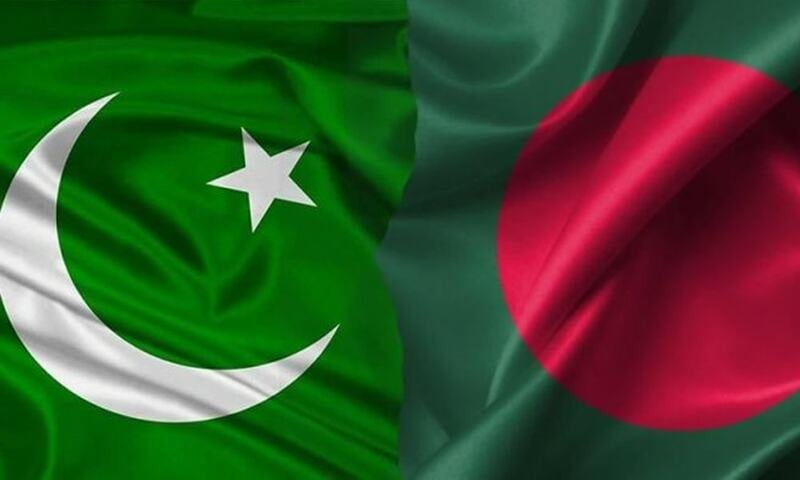In a major boost to bilateral relations, Pakistan and Bangladesh have surpassed $1 billion in trade volume. Both nations are keen on expanding their trade ties, with plans to increase the exchange of goods in the near future. Bangladesh’s High Commissioner to Pakistan, Muhammad Iqbal Hussain Khan, revealed this significant development during his visit to Kasur and Faisalabad on Sunday. During the visit, he engaged with local business communities and traders, discussing ways to further accelerate trade relations between the two countries.
This visit marked the first by the new high commissioner, who assumed office last month. His visit came after the ousting of the pro-India government of Sheikh Hasina in Bangladesh. According to Khan, there is a growing demand in Bangladesh for a range of Pakistani products. These include cotton, sugar, rice, apparel (especially women’s clothing), and fruits like mangoes. In return, Bangladesh is looking to export products such as pineapples, jute, pharmaceuticals, and garments to Pakistan. The high commissioner emphasized that the trade possibilities between the two nations were virtually limitless.
This rekindled trade relationship comes after a gap of over 15 years. One of the major highlights of this resurgence is the recent export of rice from Pakistan to Bangladesh. Pakistan has successfully shipped its first consignment of 26,000 metric tonnes of rice, marking the first such export in nearly two decades. A total of 50,000MT is expected to be shipped through the Trading Corporation of Pakistan (TCP). The remaining 24,000MT will be exported next month.
The TCP had issued a tender in December after Bangladesh’s Trading Corporation (BTC) expressed interest in buying rice from Pakistan on a government-to-government basis. The tender was for 50,000MT of long-grain white rice and 50,000MT of non-basmati parboiled rice. When the tender opened in January, 11 bids were received for the white rice, with prices ranging from $498.40 to $523.50 per metric tonne. However, no bids were received for the non-basmati rice, prompting a second round of bidding. Non-basmati parboiled rice is a popular staple in Bangladesh.
Pakistan and Bangladesh have also agreed on shipping arrangements. The rice will be delivered to Chattogram Port and Mongla Port, with shipments routed through Karachi Port. The rice will be packed in 50-kilogram polypropylene woven bags and shipped as break bulk cargo. The TCP has set a February 27 deadline for companies to submit their expressions of interest to supply rice to Bangladesh.
In addition to trade, high-level talks between the leaders of Pakistan and Bangladesh have further strengthened their relationship. Prime Minister Shahbaz Sharif and Nobel laureate Dr. Muhammad Yunus held meetings at international events. The two leaders agreed to deepen cooperation in various sectors, with a focus on enhancing trade relations between the two countries.


